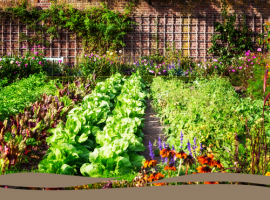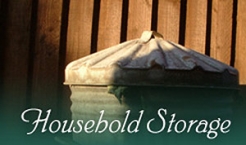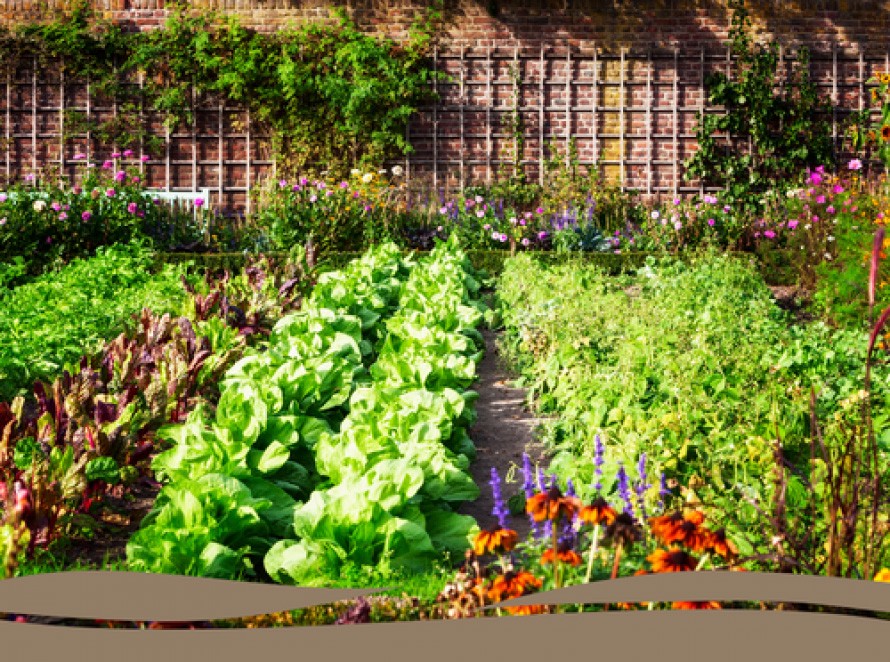

How to make your Garden More Eco-Friendly
No matter what size or shape, your garden can be an amazing tool for good. Any space of greenery can be a force for environmental change and anyone can make their garden a little more eco-friendly with a variety of tricks and tips...
How to make your
Garden More Eco-Friendly
No matter what size or shape, your garden can be an amazing tool for good. Any space of greenery can be a force for environmental change and anyone can make their garden a little more eco-friendly with a variety of tricks and tips.
Whether you want to make those green fingers even greener or just want to do your part to help save the planet, this list of ways to make your garden eco-friendly will have a multitude of benefits, even down to the smallest change.
Ultimately, you want to make your garden an environmentally friendly place – one that produces more than it wastes, that supports wildlife and improves local biodiversity.
Here are a few ways you can start today.

Start Composting
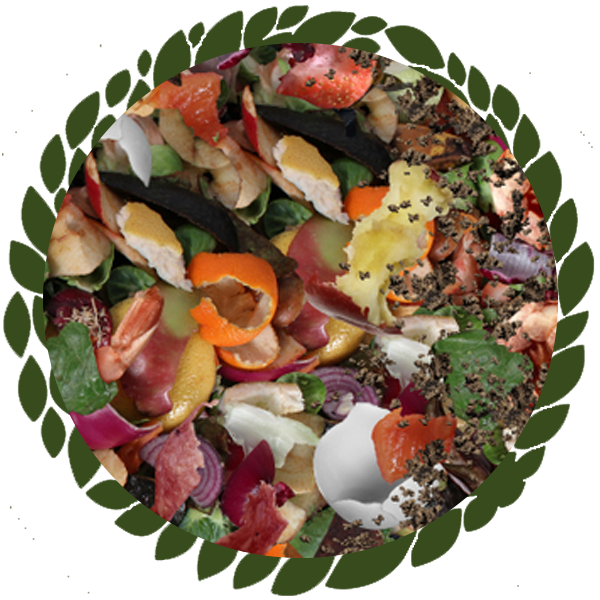
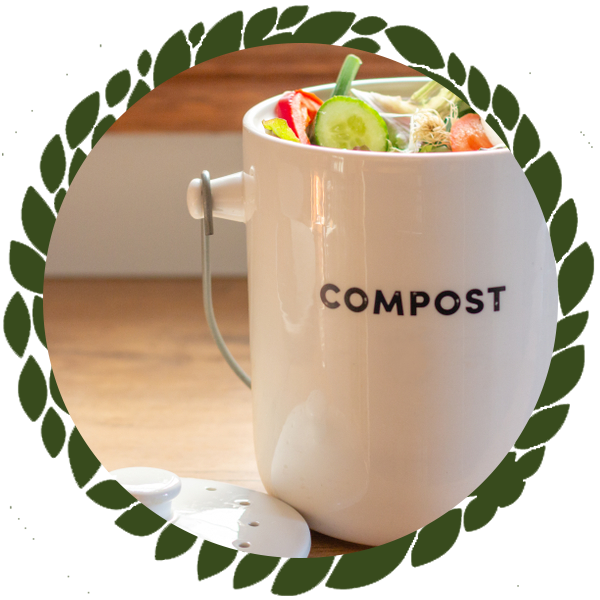
Compost is great for giving plants the nutrients and benefits they need to grow – but it’s also great for the environment too. You can use items that easily compost down – like fruit and vegetable peels and cores, tea bags, eggshells, paper and even cardboard – and add them to your plants as a natural fertiliser. Green plastic containers can be added to your kitchen so you remember to put compostable things inside of it – or, if you want something more environmentally friendly, consider investing in a bin made of ceramic or stone. Just be sure not to put meat on the compost heap as it can attract some unwanted visitors to your garden!

Buy a Water Butt
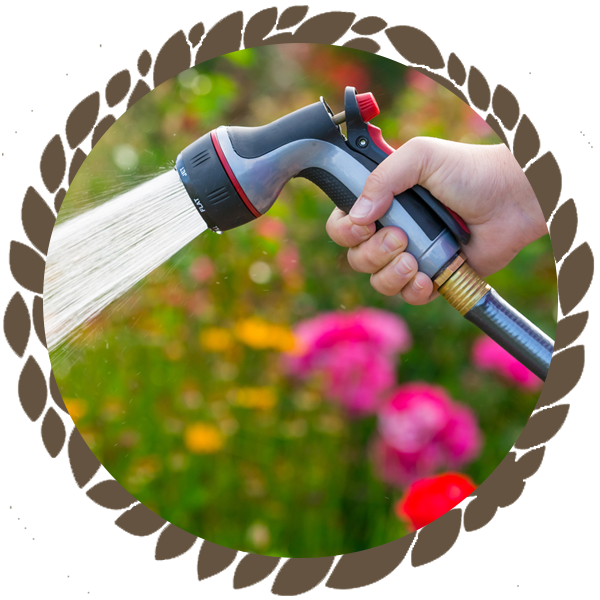
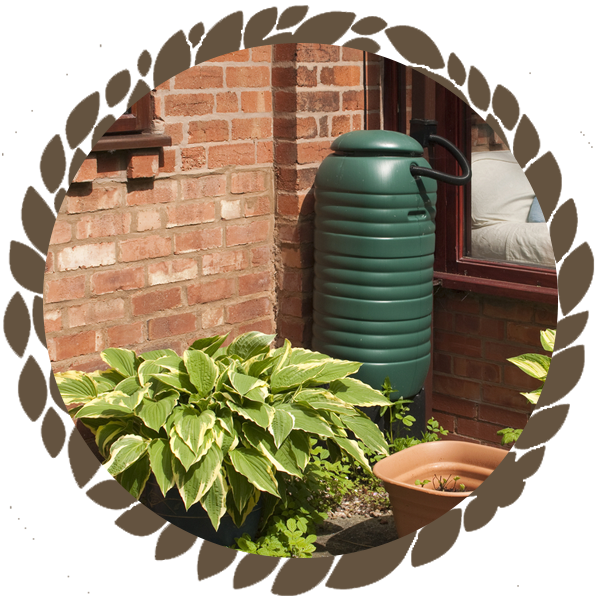

The UK experiences a lot of rain – so much so that it’s become a part of our national psyche, but investing in a water butt or rain barrel can capture that rain. Not only do you get naturally softer water, but you can use this water in the drier months to keep your garden looking green and lush without using up excess water. This becomes especially useful if the summers are particularly hot and hosepipe bans might be in force. You can even use the water from the butt to wash your car!

Grow your own Fruits and Vegetables
There are masses of benefits to growing your own fruits and vegetables, the number one being that it promotes a more sustainable and eco-friendly way of living. Whilst gardens in the UK can’t support every kind of fruit and vegetable in the world, the varieties you can grow are seemingly endless. Growing your own food means that you have control over what goes into the soil – mass-produced food can sometimes be grown using harmful pesticides or chemicals – and the food gains natural nutrients from the soil in your gardens. Great choices for beginners include potatoes, carrots, tomatoes, rhubarb and strawberries. If you don’t have a lot of space in your garden, search in the local area for an allotment – you may be able to rent a space and contribute to local micro-farming activity.
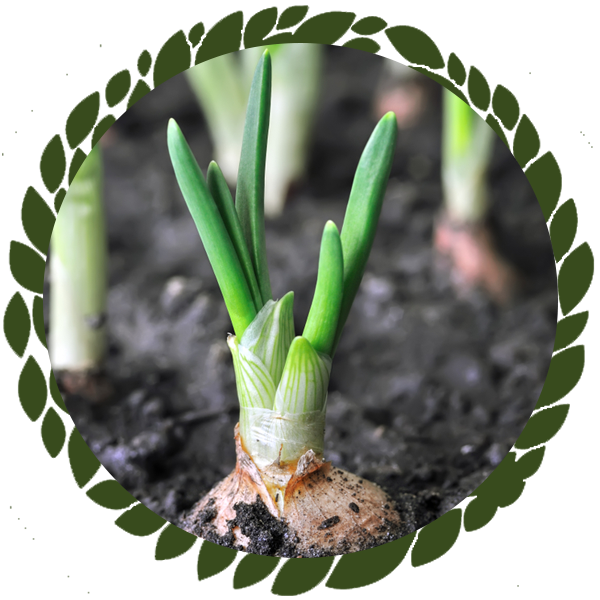

Plant the Right Flowers

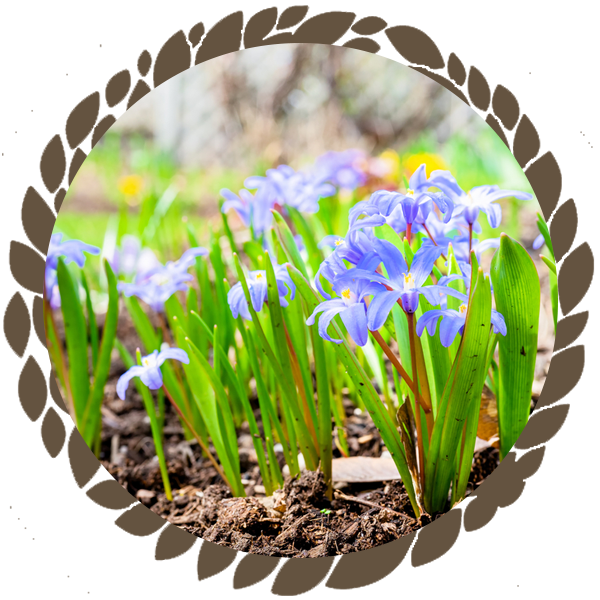
One of the biggest environmental concerns that faces our homes is the rapidly decreasing bee population. Bees are a vital part of our environment as they help to pollinate our crops and it’s important to give them a helping hand in your garden. Planting the right flowers is one of the best ways to help the local bees and butterflies thrive – without having to go out and buy a hive or a beekeeper’s suit! Look out for wildflowers or pollen-heavy flowers that attract bees during the warmer months; some retailers may even have products specifically designed for attracting bees and helping them gather increased pollen on their travels.

Opt for Sustainable Garden Furniture
Every garden needs furniture, especially if it’s somewhere you want to relax or entertain friends and family. Good quality wooden garden furniture looks the part and with a little care is durable enough to last for a long time, meaning you won’t need to throw broken or worn out pieces away and replace them every few years as you might with plastic alternatives.

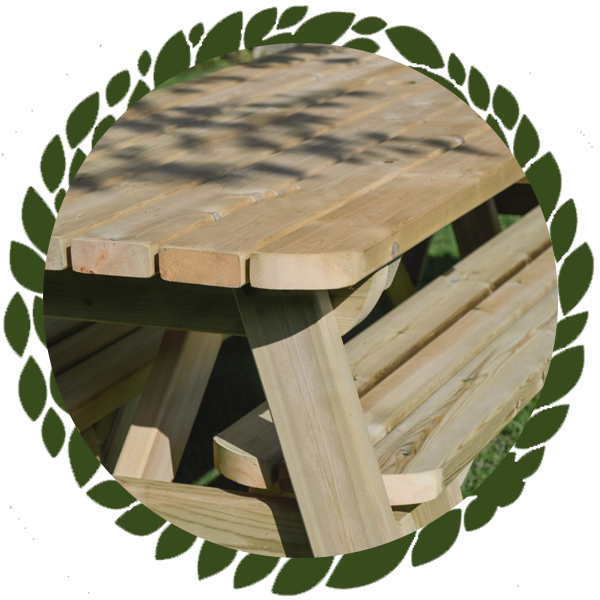
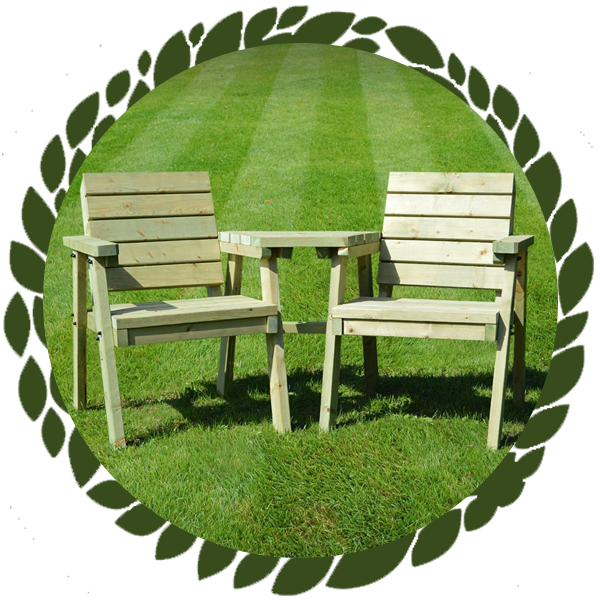
When thinking about furniture for the garden such as wooden garden benches or picnic tables, it’s worth going for pieces made from heavier duty timber that has been pressure treated as this will last for the longest time and remain resistant to rotting and water damage. It’s also important to look for furniture made from wood sourced from responsibly managed forests. This means the timber used is from forests that are planted, grown and harvested in a way that is fully sustainable. If you’re in the UK, buying furniture that’s made in the UK also means that there’s less environmental impact from transporting and shipping pieces from elsewhere in the world which can be significant, particularly for heavier wooden items.

Reuse and Recycle
If you see yourself as a pretty savvy gardener, one of the best things you can do is to reuse and recycle the materials you use to help your garden. Invest in ceramic, stone or wooden plant pots rather than your traditional plastic ones after the seeds start to flourish – not only do they reduce the amount of plastic you’re using in your garden, but they look much more attractive when arranged around the greenery.
Smaller things, like seed starter pots, wire netting and gardening tools can all be used multiple times if you buy the right ones – they just need to be maintained and washed well. If you’re looking to reduce household waste, see how you can use materials like glass or cardboard around the garden. There are plenty of tips online, so do your research – you never know what handy tip you might find.


Plant a Tree


It might seem like an obvious choice – especially if you have a larger garden that can support the growth of an actual tree – but planting a tree can do wonders for the environment. As it grows, the tree takes in the carbon from greenhouse gases via photosynthesis. It’s even been reported that planting a tree could be one of the easiest ways for people to help tackle the climate crisis.
